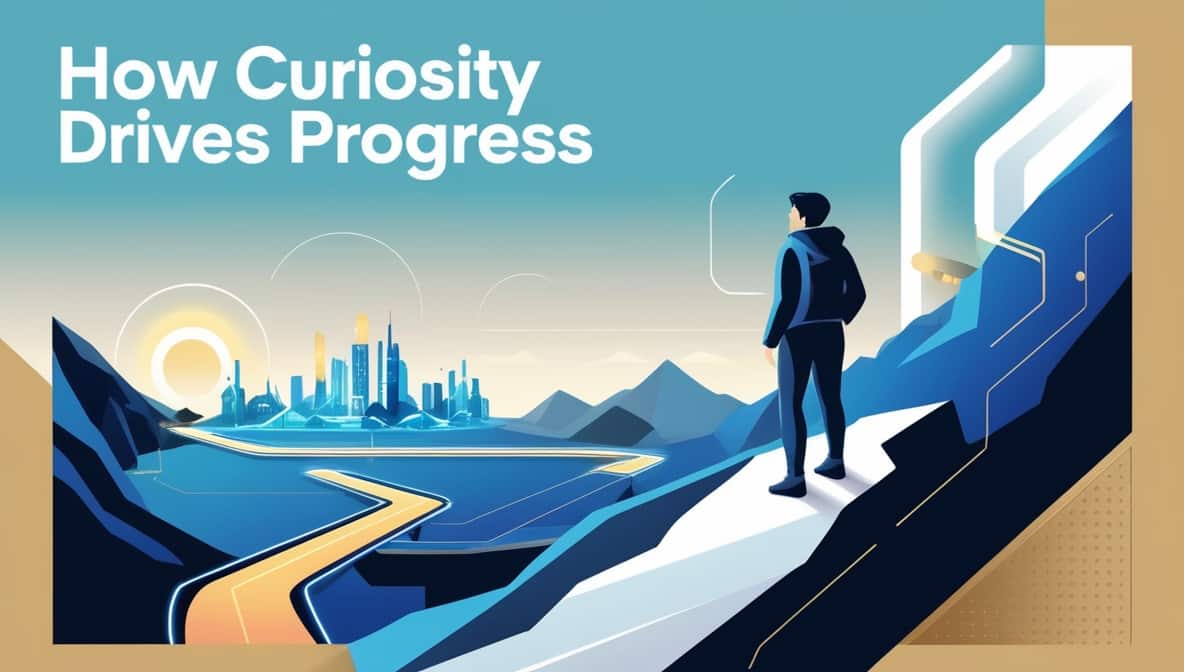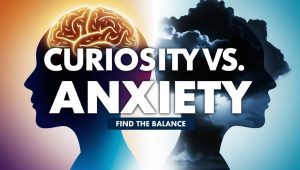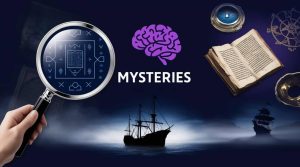Introduction
Curiosity is the cornerstone of human progress. It pushes us to explore uncharted territories, solve complex problems, and create innovations that shape society. Without curiosity, we would still be living in caves, unaware of the vast potential of the world around us. This post dives into how curiosity drives human advancement, with a look at its role in history, modern implications, and ways we can nurture this powerful force for progress.
The Role of Curiosity in Shaping History
Curiosity has consistently been the foundation for breakthroughs in every era of human existence.
1. Ancient Discoveries:
In ancient times, curiosity led to monumental advancements:
- Agriculture: Early humans questioned how to grow food instead of foraging, leading to the agricultural revolution.
- Navigation: Curiosity about the stars and oceans spurred early navigation techniques, laying the groundwork for global exploration.
2. The Renaissance Era:
The Renaissance, a time of unparalleled intellectual and cultural growth, was fueled by curiosity.
- Art and Science: Figures like Leonardo da Vinci embodied curiosity, blending art and science to create timeless works.
- Scientific Method: Galileo and Copernicus questioned prevailing beliefs, revolutionizing our understanding of the universe.
3. Modern Inventions:
The industrial revolution and the 20th century were periods of rapid progress driven by curious minds.
- Electricity: Thomas Edison’s relentless experiments gave us the light bulb, changing how we live and work.
- The Internet: The curiosity of scientists like Tim Berners-Lee connected the world in ways previously unimaginable.
Why Curiosity Remains Critical Today
In the 21st century, curiosity continues to play a pivotal role in shaping the world.
1. Driving Technological Innovation:
- Artificial Intelligence: Researchers ask, “How can machines learn like humans?” The result is transformative AI tools.
- Space Exploration: Curiosity about life beyond Earth has led to missions like Mars rovers and the James Webb Telescope.
2. Tackling Global Challenges:
Curiosity inspires solutions to problems like climate change and pandemics. For example:
- Scientists developed vaccines for COVID-19 in record time, thanks to decades of curiosity-driven research.
- Renewable energy advancements stem from curiosity about sustainable living.
3. Enabling Personal Growth:
Curiosity isn’t just for scientists—it’s vital for individuals, too.
- It fuels continuous learning and adaptability, traits essential for personal and professional success.
- Curious people are more likely to embrace change and overcome challenges.
Practical Ways to Foster Curiosity
Nurturing curiosity can unlock personal potential and contribute to societal progress. Here’s how:
1. Ask “What If?”
Instead of accepting things as they are, question how they could be improved. This mindset sparks innovation.
2. Seek Diverse Perspectives
Expose yourself to different cultures, ideas, and disciplines. Cross-pollination of ideas often leads to groundbreaking insights.
3. Embrace Lifelong Learning
Whether through books, podcasts, or online courses, staying curious keeps your mind sharp and adaptable.
4. Create Supportive Environments
For parents and educators: Encourage curiosity in children by allowing them to ask questions and explore without fear of failure.
Also check: How Curiosity Fuels Lifelong Learning: Unlock Your Full Potential
FAQs About Curiosity and Progress
1. How does curiosity differ from intelligence?
Curiosity drives the desire to learn, while intelligence helps process and apply knowledge. Together, they are powerful tools for progress.
2. Can curiosity be developed?
Yes! Curiosity can be nurtured through exposure to new experiences, critical thinking, and an open-minded attitude.
3. Why is curiosity important in the workplace?
Curiosity leads to innovation, better problem-solving, and adaptability, making it a key trait for success in any profession.
Conclusion
Curiosity has been the engine of human progress, from ancient discoveries to cutting-edge innovations. It has shaped civilizations, transformed industries, and enriched individual lives. By cultivating curiosity in ourselves and others, we can unlock endless possibilities for personal growth and societal advancement. Let’s continue to question, explore, and imagine—because the future belongs to the curious.









